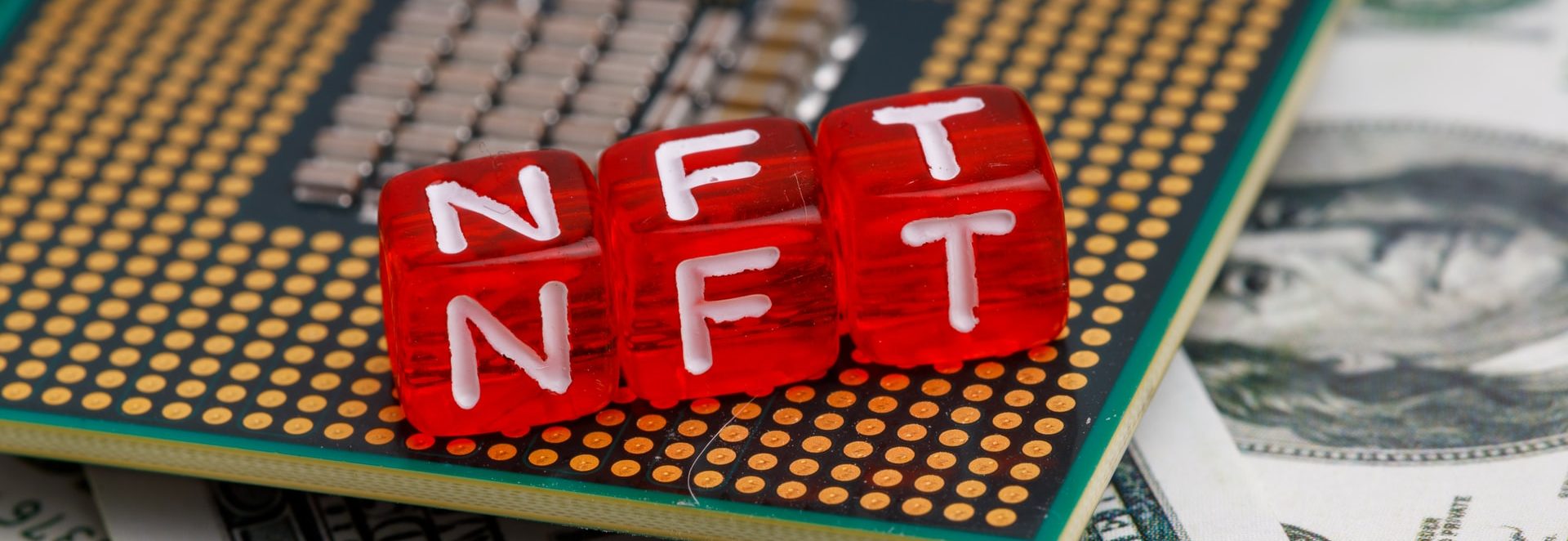How are NFTs Changing the Definition of Ownership?
News | April 22, 2022, 9:41 AM | The content is supplied by a Guest author
NFTs have entirely changed our world as we know it. From CryptoPunks to The Bored Ape Yacht Club, better known as BAYC, it's safe to say that NFTs are not a fading trend. This vibrant collection of apes has caught the attention of musicians and celebrities willing to pay millions of dollars for them. In fact, Bored Ape Yacht Club #8817 sold for a record-breaking 3.4 million helping to bring the volume of sales for the BAYC to 14 billion.
With household names like Elon Musk and American billionaire entrepreneur Mark Cuban (who also owns the Dallas Mavericks, BTW) dipping their toes in crypto waters, many have followed suit and started investing in cryptocurrency and NFTs.
While cryptocurrency is a form of payment, an NFT is a token of ownership that you purchase. It is a digital certificate stored on a public ledger of Blockchain transactions. Each NFT's metadata is stored and can be accessed by the network through the blockchain. Its identity and authenticity can easily be verified and unalterable, making it a rare commodity.
NFTs are making people a lot of money, and they are paving the way for more advances in technology and business. NFTs have only been around since 2014, but have quickly become a mainstream topic of discussion, leaving many asking the question - what does NFT stand for? The short answer is non-fungible tokens that represent your ownership of a particular digital item you found invaluable enough to invest in.
What you own when you purchase an NFT
When an NFT creator presents their piece for sale, they offer the copyright of ownership of the token while retaining the copyright and the original work themselves. The original is only used at the beginning of the process actually to create the NFT. With the purchase of an NFT, you own the digital signature authenticating your ownership of that token. This token is verified via the peer-to-peer network on the blockchain and is yours to keep.
One of the coolest I've seen yet is the Membership Pass created by Non-Fungible Films. The NFF mint pass offers exclusive access to pre-sales of all Non-Fungible Film Collections, including Oscar Haley and the Great Beyond! Oscar Haley is a 20,000-piece NFT collection, of which 10,895 will go to lucky membership pass holders. Some perks come along with certain NFTs, like special club memberships and access to IRL events like ComicCon and the Oscars.
How does an NFT represent ownership?
An NFT can be created from anything digitized and is used to represent the ownership of a rare and unique item. NFTs can be used to sell physical assets like paintings, tickets to events, and, most recently, real estate in the state of Florida. However, before you purchase NFTs, it is vital to understand what you are getting. Essentially, the buyer is purchasing the original copy of a digital file.
Let me throw an example out there, so it's easier to understand. A friend of mine hand-paints shoes, and each pair is not only incredible to look at; each pair is, in fact, unique. No two pairs are the same design, and he has customers waiting months for their particular, curtailed piece of art. His clients are emotionally invested in his products, making him the perfect candidate for NFT creation. According to Ethereum, the super-popular open-source blockchain with smart contract capabilities, it is easy to prove your NFT ownership. When a purchase is made and transferred to your wallet, it is done via your public address.
The actual proof is a private key that shows everyone that your address controls that particular NFT. This can never be manipulated, making it a viable way to prove authenticity.

How is an NFT different than copyright?
While NFTs are relatively new and might be unfamiliar to most, copyright law dictates NFTs will most likely be treated the same as any other traditional piece of artwork. Basically, you better get permission from the owner if you want to use their work, or you may face legal repercussions.
With so much being sold and bought on the marketplaces, confusion has sparked surrounding copyrights. Some buyers have found themselves at a loss because they jumped into purchasing NFTs without knowing what they were really getting.
Newbies to the NFT world were buying art pieces, thinking they were actually going to receive the original piece. In all reality, NFTs have very little to do with copyrights. The originator of the NFT keeps the work and the copyrights to it. As I explained above, when you acquire an NFT, you receive a token verifying your ownership of that NFT.
Conclusion
Online opportunities are presented every day. It is our responsibility to educate ourselves before leaping in headfirst, but they’re out there just waiting for us to take hold of. I'll leave you with the famous words of iconic 80's movie character Ferris Buller "Life moves pretty fast. If you don't stop and look around once in a while, you could miss it."
Top-Tier Trusted Brokers
The table below contains links to 3rd party websites of our top partners from whom we receive compensation at no additional cost to you.























